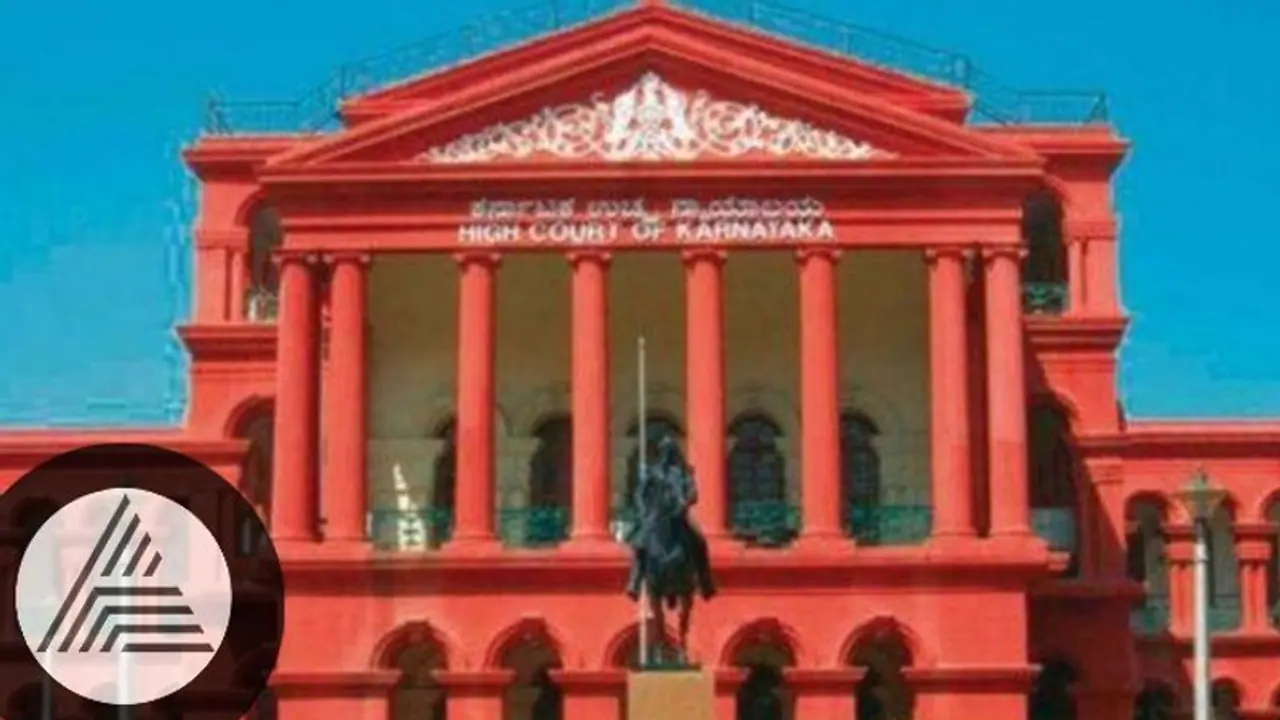The Karnataka High Court ruled that a wife forfeits conjugal rights upon converting to Christianity after a Hindu marriage, invalidating the Sessions Court's compensation order in a domestic violence case. The husband challenged the judgment, claiming that the wife's conversion led to the marriage's voidance, causing the High Court to overturn the compensation ruling.
The Karnataka High Court has ruled out an order regarding the impact of religious conversion on matrimonial rights. The court declared that if a wife converts to Christianity after a Hindu marriage, she forfeits all her conjugal rights with her husband. This ruling came as part of a criminal review petition filed by a husband challenging the judgment of the 57th City Civil and Sessions Court of Bangalore, which had directed him to provide compensation to his wife.

The High Court clarified that, in cases of domestic violence, a wife is not entitled to receive compensation under the 'Prevention of Domestic Violence Act' unless it can be proven that the husband has committed the abuse. The Sessions Court's order, which directed the husband to pay compensation to his wife, was cancelled.
Demand for Karnataka DyCM Shivakumar's resignation grows after HC allows CBI probe against him
The case in question involves petitioner Ravi and Soumya (names changed for privacy), who were married on September 10, 2000, following Hindu religious traditions. The couple had a daughter and a son, although the baby boy tragically passed away at a young age. Subsequently, differences emerged in their relationship, leading to a legal dispute. In 2013, the wife filed an application in the Magistrate Court seeking relief under Section 12 of the Domestic Violence Act, alleging mistreatment by her husband.
The wife's parents had provided the husband with a substantial dowry in the form of cash and gold during the marriage. However, the husband was accused of misbehaviour and demanding additional dowry. The wife sought compensation and relief under the law. The husband denied all allegations, asserting that the wife had left him of her own accord and that the baby boy's death resulted from her negligence. He also claimed that she had converted to Christianity and attempted to convert their daughter. Additionally, he stated that he was unable to support himself due to a stroke and requested that the wife's application be dismissed.
Karnataka High Court rebukes govt over lack of toilets and drinking water in state schools
The Magistrate Court, after hearing arguments from both parties and examining the evidence presented, concluded that the wife had failed to prove domestic violence by the husband. As a result, the petition was dismissed, and it was established that the wife was not eligible for compensation under the Prevention of Domestic Violence Act. The wife subsequently appealed this decision.
The 57th Additional City Civil and Sessions Court, which heard the appeal, ruled that there was no evidence of domestic violence by the husband against the wife and, therefore, denied her maintenance. However, recognizing the wife's inability to support herself, the court ordered the husband to pay compensation on November 13, 2015.
Karnataka HC rejects DyCM DK Shivakumar's plea, orders CBI to conclude unlawful assets probe in 3 months
Challenging this order, the husband filed a criminal review petition in the High Court. The High Court, in its judgment, pointed out that Section 22 of the Domestic Violence Act of 2005 allows additional relief to be granted only if an act of domestic violence is proven. In this case, both the Magistrate Court and the Sessions Court had found that the husband did not commit domestic violence against the wife, thus precluding any further relief.
Furthermore, the Sessions Court had directed the husband to provide maintenance solely on the grounds that the marriage was void, and the wife was unable to maintain herself. However, the wife's conversion to Christianity led to the forfeiture of her conjugal rights with her husband. While the court did not grant a divorce, it deemed the marriage itself void due to her conversion and subsequently awarded the wife Rs. 4 lakhs. The High Court, recognizing this as a miscarriage of justice, overturned the Sessions Court's order.
